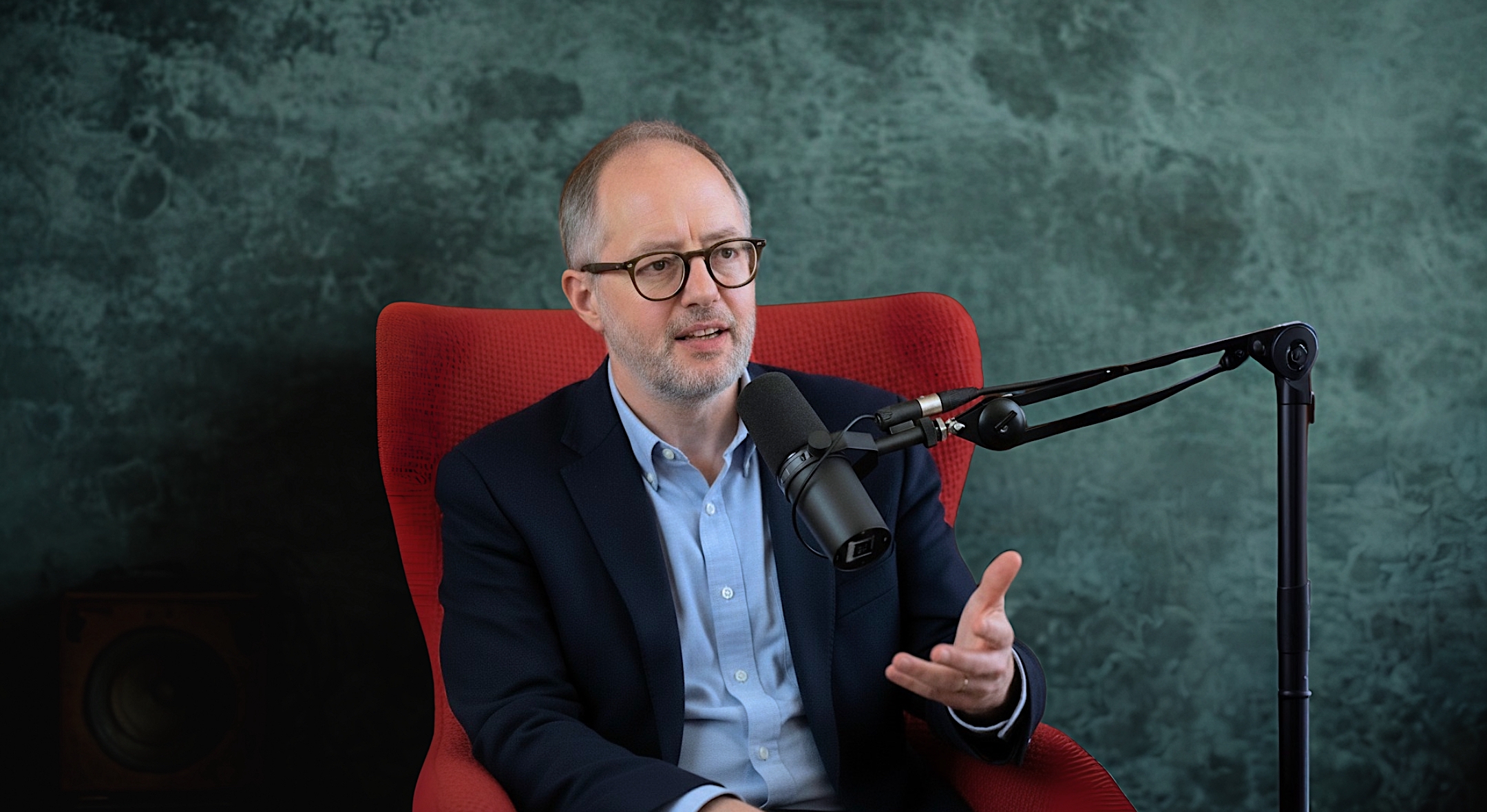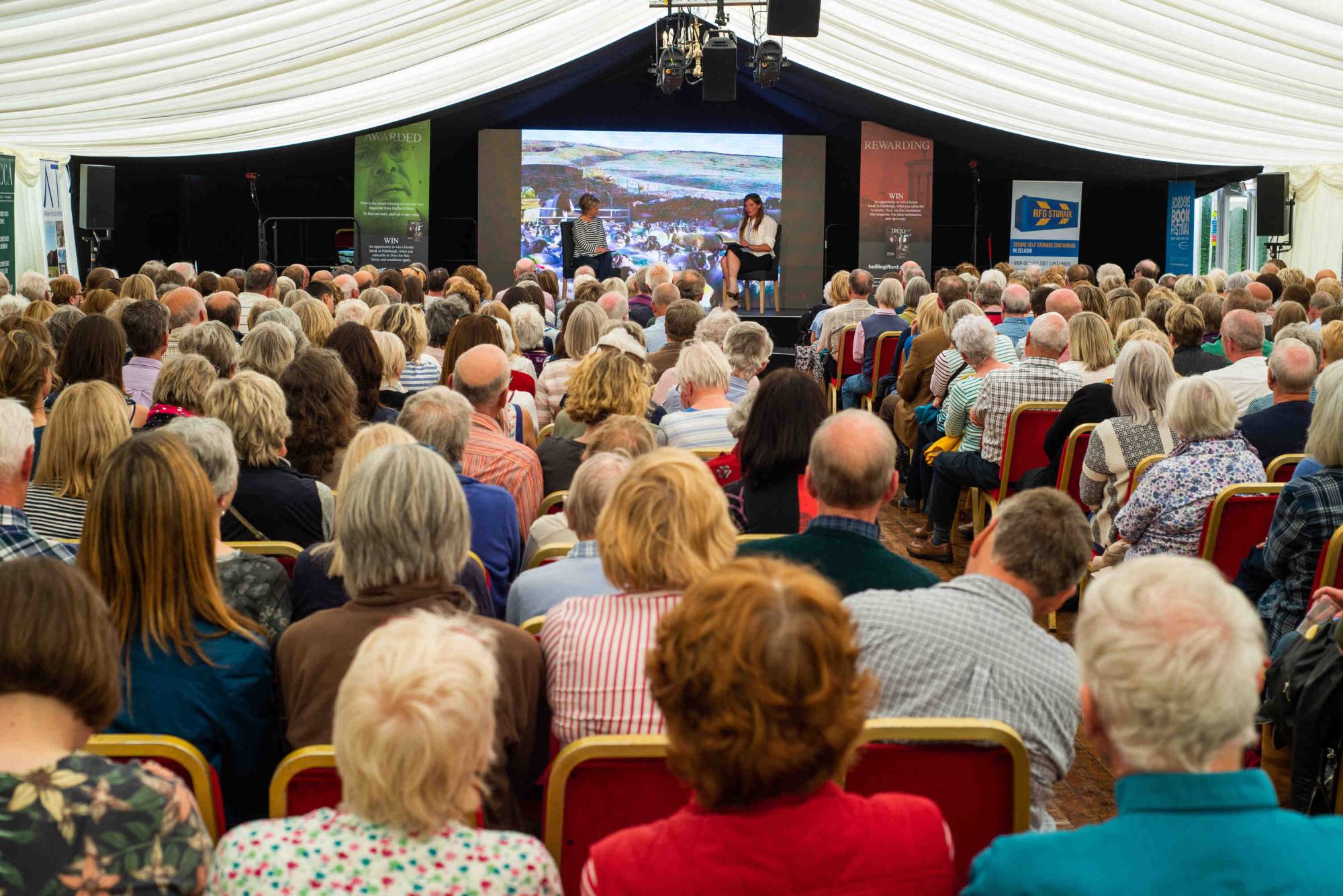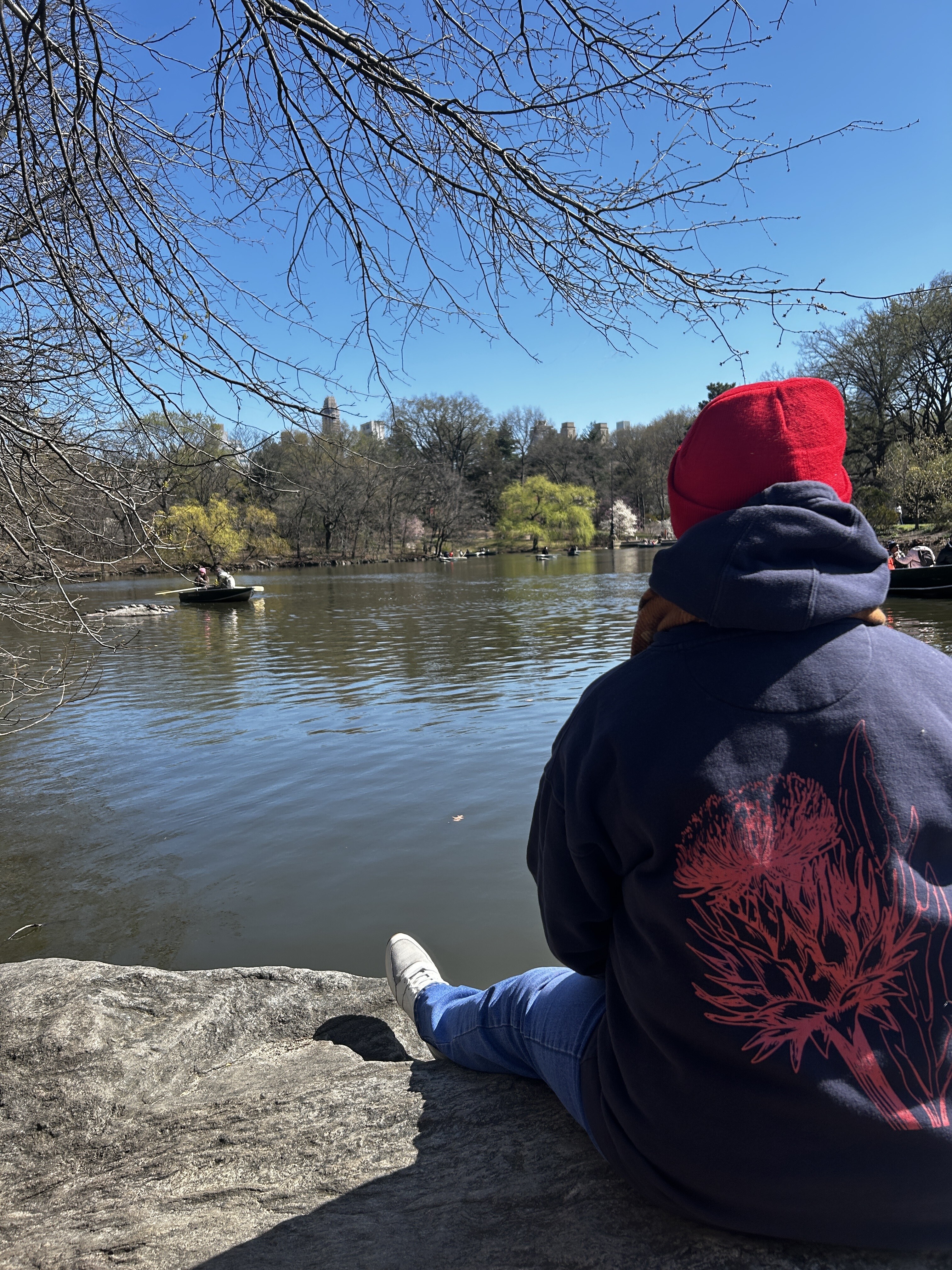Most founders operate within a single industry's rules. Maxwell Scott-Slade has spent years navigating two completely different worlds simultaneously: the fast-moving, creative culture of gaming and the rigorous, evidence-based world of medical research. The result? A company that's collected data from 4.3 million players, published 29 research papers, and won £75,000 at Scottish Edge.
His journey from building flash games about the reproductive system to creating the "Fitbit for your brain" reveals what happens when you refuse to let industry conventions dictate what's possible.
The Educational Game That Changed Everything
Maxwell's path to GLITCHERS began with an unlikely project: The Great Sperm Race, an educational game developed with Channel 4 and the Wellcome Trust where players navigate as a sperm trying to fertilise an egg.
Years after the game was discontinued, biology teachers were still using it to facilitate sex education conversations. Students weren't passively consuming information—they were asking questions about what they experienced in the game.
That planted a seed: games could do something beyond entertainment while still being entertaining. The key was genuine engagement, not tricking people into learning through gamification.
When Personal Crisis Becomes Professional Purpose
The transition from educational curiosity to dedicated mission came through tragedy. Maxwell's brother Josh, his 50/50 business partner, experienced psychotic episodes while they were working on a space exploration game. Josh was eventually diagnosed with paranoid schizophrenia.
"When a mental health event like that pops up, you reassess everything," Maxwell explains. "First of all, you think everything's gone."
They'd had zero preparation for it. Yet they were making games played by millions of people. The disconnect was stark.
GLITCHERS was founded on stopping people from being in the position Maxwell and Josh found themselves in—crisis mode with no warning and no understanding of what was happening.
Where Gaming and Medical Research Meet
When GLITCHERS partnered with neuroscientists on a Deutsche Telekom-funded project, Maxwell discovered something surprising: the benchmark data for spatial navigation—one of the earliest indicators of Alzheimer's—simply didn't exist.
"I think when we think about science, we assume they have all these really cool data sets that they can test against, and they really don't."
Traditional scientific studies involve hundreds of participants at most. Sea Hero Quest, the game GLITCHERS built, launched in 2016 targeting 100,000 players in the first year.
They hit 100,000 players in the first 10 hours.
By the end, Sea Hero Quest collected data from 4.3 million players across 31.5 million levels, representing nearly 600,000 hours of play. That data has generated 29 published research papers. Collecting equivalent data in a lab would have taken hundreds or thousands of years.
This is where gaming meets medical research: games can collect behavioural data at impossible scales, but only if they're genuinely engaging enough that people want to play them.
Navigating Two Industries That Don't Speak the Same Language
Building at the intersection creates unique challenges. Every industry has its ego, Maxwell notes, and you can't let that pollute what you're building.
"For us, it's very much game-first, but all the time maintaining their very elusive, sometimes hard-to-define objectives. And sometimes when you're working with certain people who have no idea about software development, let alone games, that can be such a struggle."
Context matters depending on which world you're operating in. Maxwell's previous flash games were played 150 million times, which skewed his expectations for years. But for scientific research, 4.3 million participants is revolutionary.
"You've got to try and recontextualise your brain all the time when you're dealing with different industries, too, because sometimes it's amazing when a thousand people do something or a hundred people do something."
The successful approach requires staying game-first while respecting scientific objectives. Scientists need to trust that game developers know how to create engagement. Game developers need to respect that scientific validity matters.
From Alzheimer's to "Fitbit for Your Brain"
Maxwell struggled for years to articulate GLITCHERS' bigger vision. Focusing on Alzheimer's made sense—people understood it emotionally through personal experiences.
But the long-term vision is broader: creating a comprehensive brain health platform.
"We want to be the Fitbit for your brain. Just like Fitbit enabled us to see how many steps we're getting per day, I want to show you what it means to change your diet and see what effect that has on your cognitive performance and actually warn you when something's going wrong."
The goal is intervention before crisis—warning people when they can still do something about approaching problems rather than after they're in crisis mode.
This acknowledges something the medical field often overlooks: diseases aren't as siloed as we think. Brain health shares commonalities across different conditions. Treating brain health holistically makes more sense than focusing narrowly on individual diseases.
But talking about all neurodegenerative diseases and mental health issues simultaneously is "too big" for some people. Sometimes you need to be disease-specific because people can relate to that.
Lessons from 200 Research Projects
Sea Hero Quest now operates as a research platform supporting approximately 200 research projects across Alzheimer's, ADHD, autism, and fetal alcohol spectrum disorder. They're collaborating with major institutions including CNRS, UCL, and Spiers Lab.
What makes it work? Games can engage patient populations—or as Maxwell prefers to call them, players—in ways traditional research methods cannot.
GLITCHERS is also developing an environmental game with the University of Stirling using real ecological mathematics to simulate environmental restoration. Players experience the complex trade-offs involved in environmental decisions.
"There are no right or wrong answers with the environment. Everyone has a subjective perspective." The game helps people understand perspectives beyond their own.
The ScottishEDGE Win and What Comes Next
GLITCHERS won £75,000 at ScottishEDGE, competing against companies as diverse as dog grooming services and vanilla bean growers. Maxwell pitched from Japan at 8:00 PM as part of a Techscaler international trip, winning the semifinals with a Sonic mascot visible in the background.
They're now competing at TechCrunch Disrupt in San Francisco in the Startup Battlefield competition—where Dropbox and Fitbit got their starts.
Sea Hero Quest is relaunching in Q1 2026 with new features Maxwell plans to demo on stage. Their backend data workbench, Celeste, allows researchers to pull data in real-time.
The vision? Ten million players per month, completely outperforming the original data set while giving researchers unprecedented access to brain health data.
What Gaming Founders Can Learn About MedTech (and Vice Versa)
Stay naive longer than seems sensible. "Don't learn too much about what it is you're going to do," Maxwell advises. "Be naive, because I think the more you learn, the less you're going to do it." Understanding the full complexity might have prevented GLITCHERS from ever starting.
Respect industry expertise but don't let it dictate your approach. Game developers know engagement. Medical researchers know outcomes. Both need to trust the other's expertise while finding common ground.
Recontextualise your metrics constantly. What counts as success varies dramatically between industries. Understanding context prevents both arrogance and false disappointment.
Make the game first, but keep the objective clear. The temptation is to create educational content disguised as a game. That rarely works. The game needs to be genuinely engaging. The science needs to be genuinely valid.
Build partnerships that matter. GLITCHERS works with major institutions because their data genuinely serves scientific purposes. That credibility matters when bridging two worlds that don't naturally trust each other.
The Emotional Reality of Founder Life
Maxwell is frank about the challenges. Every day feels "do or die," which is stressful enough to "wear away your ability to live in the real world sometimes."
"Can you cope with the downs? Setting aside proper mental health time is really important."
Coming from someone whose company focuses on brain health, that admission carries weight. For founders building at the intersection of multiple industries, the complexity adds additional pressure.
Final Thoughts
GLITCHERS exists because Maxwell refused to accept that games are just entertainment or that medical research requires boring, small-scale studies. By staying game-first while respecting scientific rigour, they've created something neither industry could have built alone.
As Sea Hero Quest prepares to relaunch and GLITCHERS heads to TechCrunch Disrupt, the next chapter is about scaling that vision globally. The Fitbit for your brain. Intervention before crisis.
For founders considering building at the intersection of multiple industries: the challenges are real, the translation work never ends, and you'll constantly recontextualize what success means. But the opportunities to create something genuinely new might make it worth the complexity.
For the full story be sure to check out Maxwell’s Ideas to Impact podcast episode.


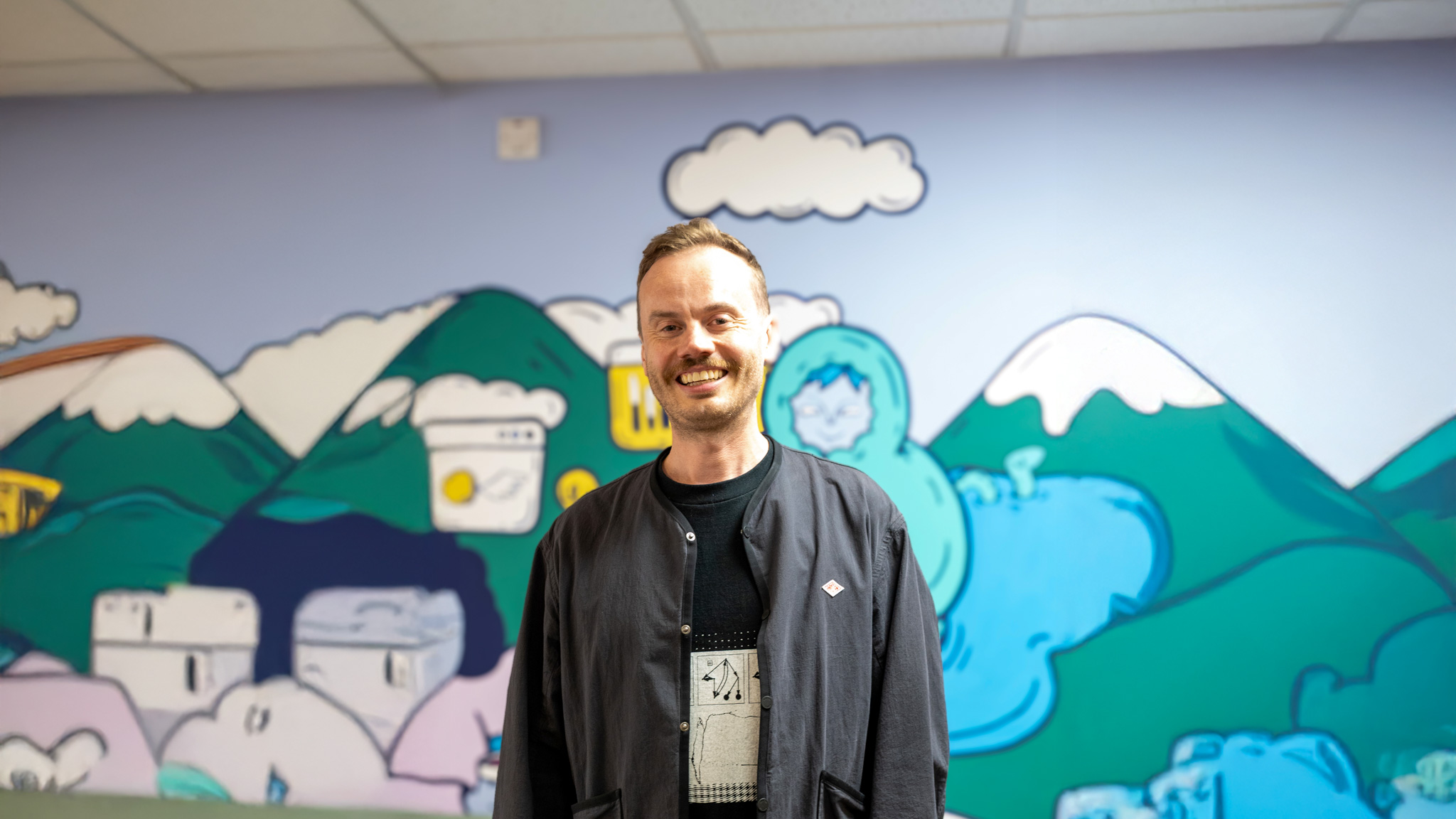
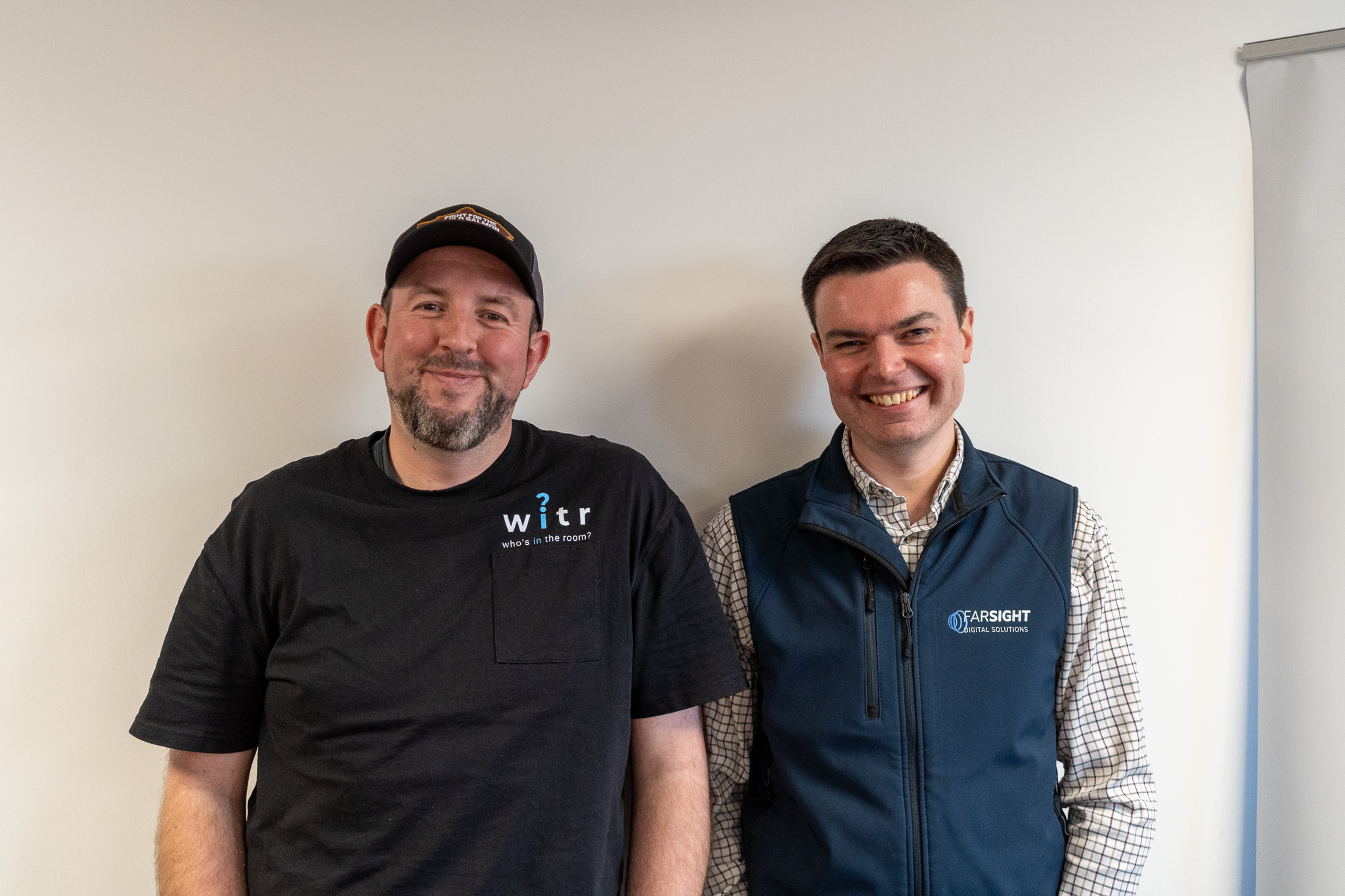

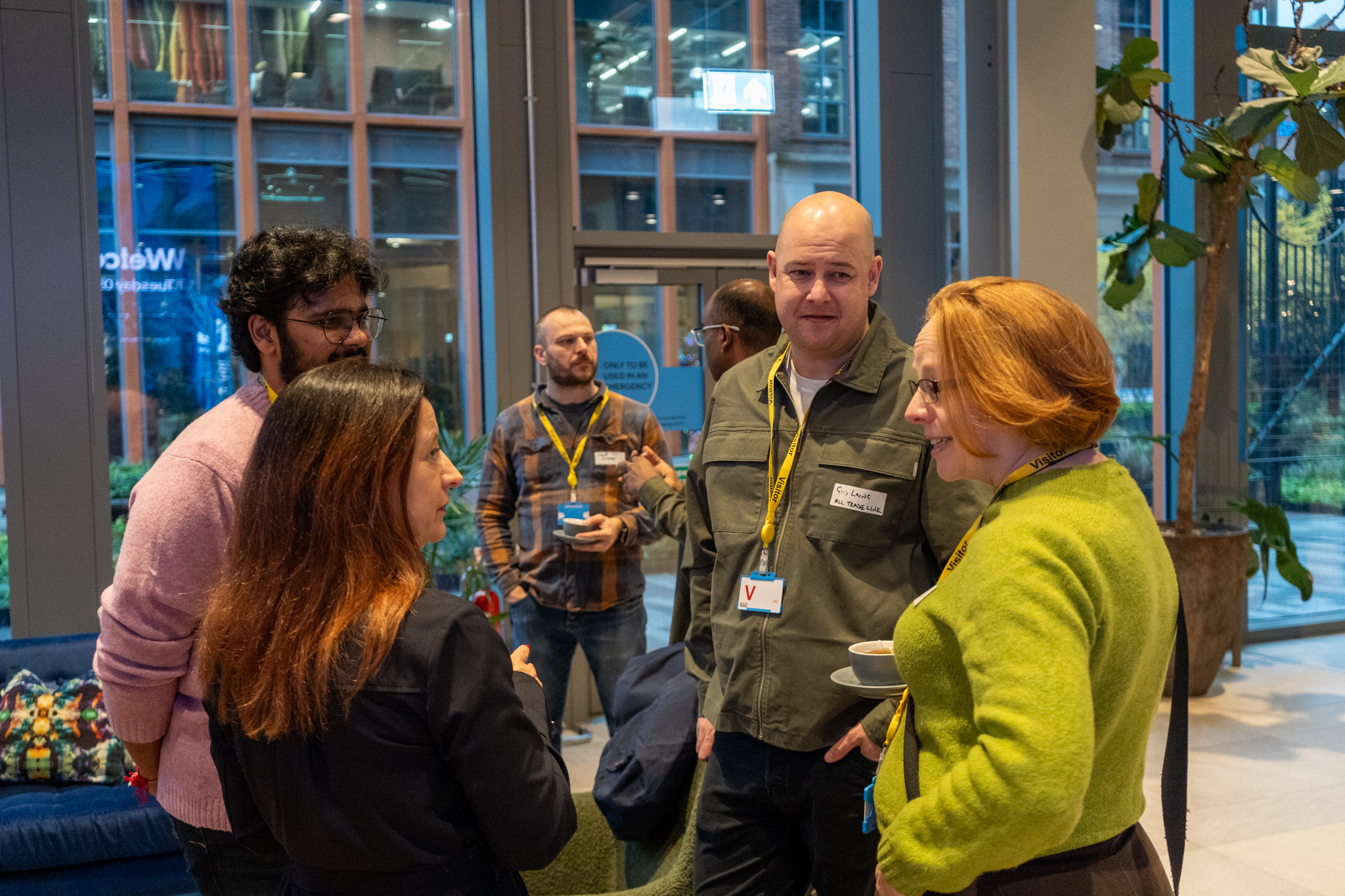
.png)



